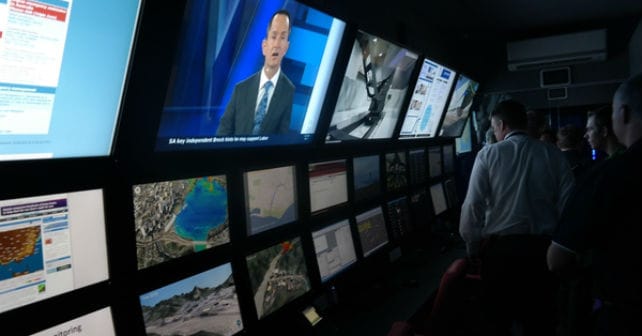IT companies "could do more to cut waste"
 Well there’s a shock. But anything for a bit of PR on the green front will do wonders for your relationship with the boss.
Well there’s a shock. But anything for a bit of PR on the green front will do wonders for your relationship with the boss.
Well not here it won’t. It just makes you look silly.
Too harsh? Maybe – but it’s late and Greenbang’s had a big day.
Here’s what came through. Not the best bit of writing you’ve ever seen, so it’s left in its original format:
“Channel Island IT company, iConsult believes that IT companies could significantly reduce the millions of tonnes of computer waste generated each year by taking a fresh look at the way they build their IT networks.
Computer waste, is both the fastest growing form of municipal waste, with an estimated 50 million tonnes of waste generated annually and is extremely hazardous, a typical computer contains toxic chemicals such as selenium, cadmium, cobalt and mercury. If these are not disposed of properly, they can leach into the soil and ultimately into the food chain.
Tony Moffa, Business Development Director at iConsult, believes that a move away from the traditional in-house model of building computer networks can significantly reduce the amount of computer hardware businesses will need to buy.
Hosted networks
He says: “Rather than each business buying computer servers and building its own network, it’s possible to share servers with other companies. This not only saves money but clearly cuts down on the amount of hardware needed to service local businesses.” This system, known as a ‘hosted applications’ network is far more equipment efficient than the traditional model.
“In the same way that commuters are being encouraged to share cars in order to cut down on congestion and pollution, hosted applications enable businesses to share server space. This uses equipment far more efficiently than in-house networks, which often do not use hardware to its full potential.”
Companies that move away from the traditional network model and adopt a hosted network, are able to cut down on expense and waste immediately.
Tony Moffa said: “One client was able to remove six servers from their offices, knowing that they will not need to buy any again. Normally, computer servers have a three year lifespan which means that even small companies can generate large amounts of e-waste over 20 or 30 years of operation.
“It’s estimated that over 200 tonnes of computing equipment waste is generated in the Channel Islands (population of just 160,000) each year. This is quite a lot for such a small population and although many businesses donate their equipment to developing countries, recent statements by Achim Steiner, Head of the United Nations Environment Programme (UNEP), show that in spite of the obvious good intentions behind this, much of the equipment is inappropriate for the conditions and needs in the receiving countries. It makes more sense to reduce the amount of waste generated in the first place, which is what hosted applications are so good at.
“Most businesses have massive over-capacity when it comes to computing power, using hosted applications can end the discrepancy between what is provided and what is actually used.”
eWaste initiative
iConsult has also started a project called the e-waste initiative. This simple innovation has seen businesses passing on their unwanted computer equipment to schools and charitable organisations. iConsult facilitate the process by removing the equipment and reformatting it before handing it over to organisations that have already expressed an interest in receiving particular items of hardware.
So far, the eWaste initiative has proved to be very popular with equipment being passed to six schools and a charity in the Channel Islands. 250 computers have been saved from the rubbish tip and the schools have saved a great deal of money.
Tony Moffa, said: “The beauty of the eWaste initiative is that it is so simple. At iConsult, we keep a database of schools and organisations that have requested equipment. We match their needs with the equipment that businesses have available and pass it on after re-formatting. This way there is no issue about the suitability of equipment, as mentioned by Achim Steiner. Because business machines are usually of a high specification, schools have often found them to be better than the equipment that they had previously purchased themselves.
“In order to make a real difference to the amount of eWaste in the islands we’ve made the initiative open to any business or non-profit organisation in the Islands. If we were to restrict it to our clients the effect would be greatly minimised.
“The initiative has been easy to set up and run, which means that any IT services company can do so themselves. There are benefits that run beyond the environmental advantages, such as PR and the generation of a greater awareness of our company. These have served to make it an even more worthwhile scheme.”
-ENDS-




